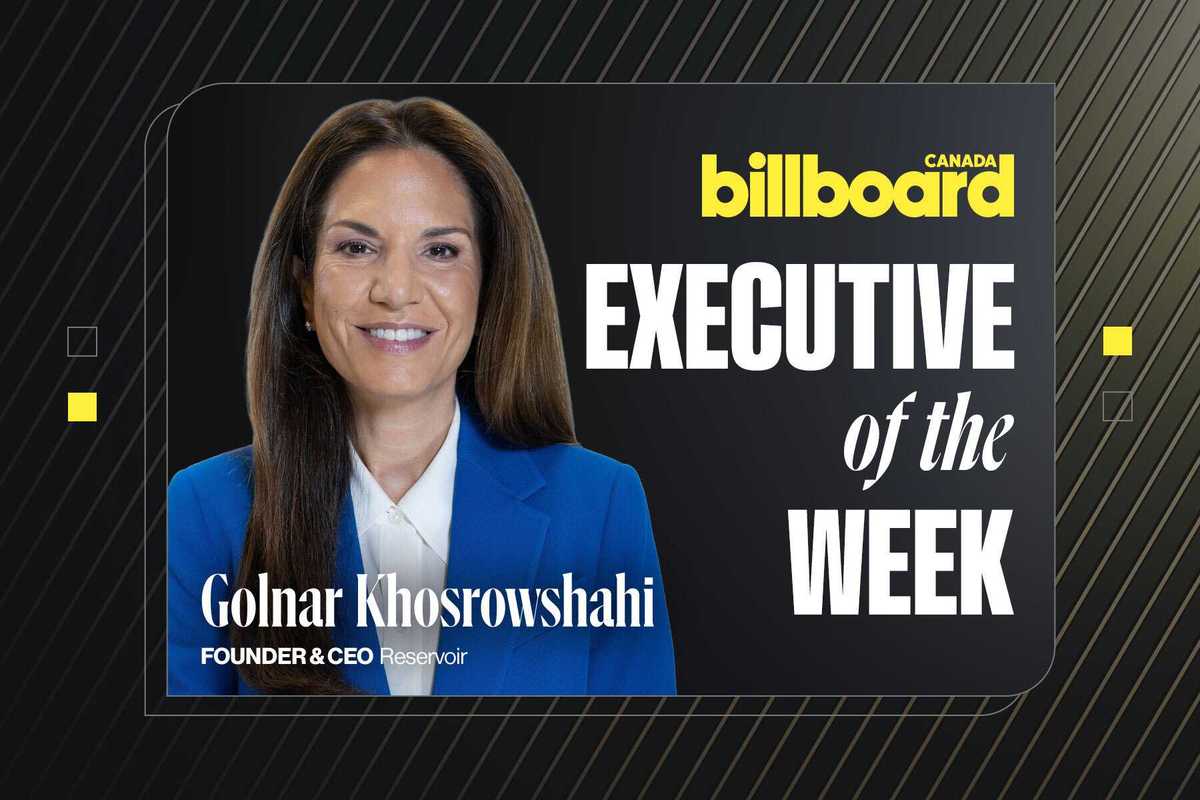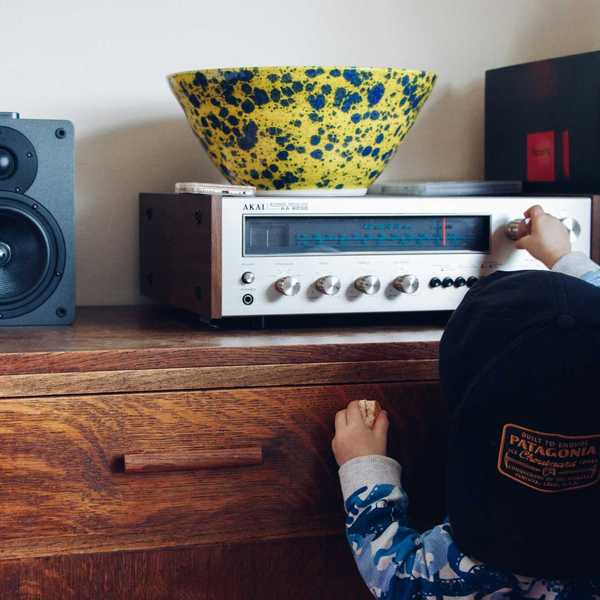
By David Farrell
Feds nix streaming levy – again!
Greg O’Brien breaks the news on the CARTT.ca website in a story that also names the seven-member panel struck to review the Broadcasting & Telecommunications Acts. Former communications exec Janet Yale chairs the committee, comprised of academics and legal practitioners, that include McCarthy Tétrault LLP’s IP guru, Peter Grant. – Subscription needed
Broadcasting & Telecommunications Acts review officially announced
Canadian Heritage made the announcement Tuesday (June 5). According to the media release:
As committed to in Budget 2017, the Honourable Navdeep Bains, Minister of Innovation, Science and Economic Development, and the Honourable Mélanie Joly, Minister of Canadian Heritage, today announced the launch of a review of the Broadcasting Act and the Telecommunications Act. The Radiocommunication Act will also be reviewed.
The review will update and modernize the legislative framework in a balanced way that takes into account the realities of Canadian consumers and businesses, and our artists, artisans and broadcasters without increasing the cost of services to Canadians.
The review will also address how to best promote competition and affordability for internet and mobile wireless.
It will examine how to best support the creation, production and distribution of Canadian content in both French and English—and focus on updating and modernizing the broadcasting system by exploring how all players are reflected within it and can contribute to it.
As a response to a unanimously passed motion in the House of Commons, the review will be guided by the principle of net neutrality and will explore opportunities to further enshrine in legislation the principles of net neutrality in the provision and carriage of all telecommunications services.
The review will be led by a panel of external experts and will be chaired by Janet Yale. Ms Yale currently serves as president and CEO of The Arthritis Society. She has a long history in the communications sector, previously having served as executive vice president at Telus and the president and CEO of the Canadian Cable Television Association. Ms. Yale also served as a Director General at the CRTC and as General Counsel at the Consumers Association of Canada. She is recognized as a leader in the not-for-profit sector and currently serves on the boards of Samara, the Ottawa Art Gallery and Business for the Arts.
The panel is also composed of:
Peter S. Grant, who is Counsel and past Chair of the Technology, Communications and Intellectual Property Group at law firm McCarthy Tétrault LLP in Toronto. He is considered a pioneer in the field of communications law in Canada. His practice touches all areas of communications law - broadcasting and cable television, satellite services, copyright, mass media and press law, cultural industries and telecommunications.
Hank Intven, who is an Adjunct Professor at the University of Victoria in the areas of telecommunications, broadcasting and Internet law. For more than 30 years, he has been recognized as a leading advisor to business, governments and regulators in the telecommunications and broadcasting industries.
Marina Pavlovic, who joined the Faculty of Law at the University of Ottawa in July 2007 as an Assistant Professor. She is a member of the Centre for Law, Technology and Society at the university. She is an expert in dispute resolution, access to justice, conflict of laws, consumer protection, comparative law, and technology regulation and policy.
Monique Simard, who has a long and distinguished track record in the cultural industries. She was President and CEO of the Société de développement des entreprises culturelles (SODEC) from 2014 to 2018 and was previously Director General of the National Film Board of Canada's French Program. In April 2018, she was appointed as Chair of the Board of the Quebecor Fund.
Monica Song, who is the head of Denton's Communications Law group. She has nearly 20 years of experience as a leading Canadian lawyer in telecommunications and broadcasting, with in-depth knowledge of the Department of Innovation, Science and Economic Development (ISED) and the Canadian Radio-television and Telecommunications Commission (CRTC).
Pierre Trudel, who is a law professor at the Université de Montréal. He has also been a guest lecturer at Université Laval (Québec City), at Université de Paris II (Panthéon-Assas) and Université de Namur (Belgium). From 1986 to 1988, he was the research director for the working group commissioned by the federal government to look at broadcasting policies.
The panel is expected to engage with the industry, creators, and Canadians—including those from Indigenous and official-language minority communities— to ensure that Canada's communications legislation takes full advantage of the benefits that the digital age brings to our country. The Government looks forward to receiving the Panel's final report and recommendations by January 31, 2020.
For more information, see the www.canada.ca/broadcasting-telecom-review for the review. Further updates on the process will be available in the coming weeks.
Quick facts
- The Canadian communications industry generated revenues of $66.6 billion in 2016 ($48.7 billion for telecommunications and $17.9 billion for broadcasting).
- Canadian households spent an average of $223 every month on communications services in 2016.
- A 2017 study revealed that cell phone plan rates for Canadians are much more affordable in regions with aggressive competition.
- In September 2017, the Government announced its vision for Canada's cultural and creative industries in a digital world, built on three pillars:
- Invest in our creators and cultural entrepreneurs.
- Promote discovery and distribution of Canadian content at home and abroad.
- Strengthen public broadcasting and support local news.
Related products
Toronto now a global powerhouse for AI startups
How fast is AI tech growing in Toronto? PricewaterhouseCoopers Canada (PwC) reports that 2017 turned out to be a record year for AI investments, with startups raising $191M. And in the first quarter of 2018, PwC Canada found that investments in Canadian AI companies increased 88 percent year over year, with eight deals totaling $83M. – Karen Graham, Digital Journal
Today, it has helped that the U.S. has tightened restrictions on visas for technology immigrants, while Canada has a newly enacted immigration law that helps highly skilled workers obtain visas in as little as two weeks.
Peter Menzies: Will the CRTC ever join the 21st century?
Former vice-chair of the CRTC, Menzies vents views in a Globe & Mail opinion piece that starts with casting a bucket of cold water on the regulator’s latest report that recommends that Internet usage is taxed and regulated.
“The CRTC, through the recommendations in its Harnessing Change report released last Thursday, has risked setting back communications regulation by at least a decade and likely made an error in approach that will define the remainder of its current leadership’s term in office…”
Petition ramps up demand Andy Frost’s Psychedelic Sundays be reinstated
According to the petition’s authors, the show “provided the soundtrack and background music for countless home maintenance projects, weekend car washes, Sunday dinner preparations, backyard barbecues, family reunions, weekend gatherings, recreational pharmaceuticals enhancement and most importantly, a musical pipeline to memories of years past.
“We, the undersigned, demand that Psychedelic Sunday and its host Andy Frost be immediately returned to Q107’s weekend programming schedule or that both be made available to a competitor in the Toronto FM radio market. So far 44 people have signed the appeal. – Via Irvine at Sowny.net
Larry LeBlanc: Background to Psychedelic Sunday show
In an e-mail sent to us last week, Larry LeBlanc, the celebrated journalist with an enviable and perhaps unequaled library of news clippings, offers a factual backstory to the show many of us have misleadingly attributed to being created by the former Q107 host. As Larry writes:
"’Psychedelic Sunday’ wasn't a new show when it was taken over by Andy Frost.
“There had been two previous hosts.
“Bob Mackowycz was the original host and then Rory O'Shea did it for several years.
“Interestingly, the show was derived from my Q107 show ‘Backstage Pass’ which played both oldies and newer new wave and punk.
“When I was fired just after the first year Q107 went on the air, Bob Mackowycz was picked to replace me, but I wouldn't let Q107 use my ‘Backstage Pass’ name. So Q107 renamed it and focused on oldies.
“There's little question, however, that Andy Frost made the show what it became.”
Amen!
















